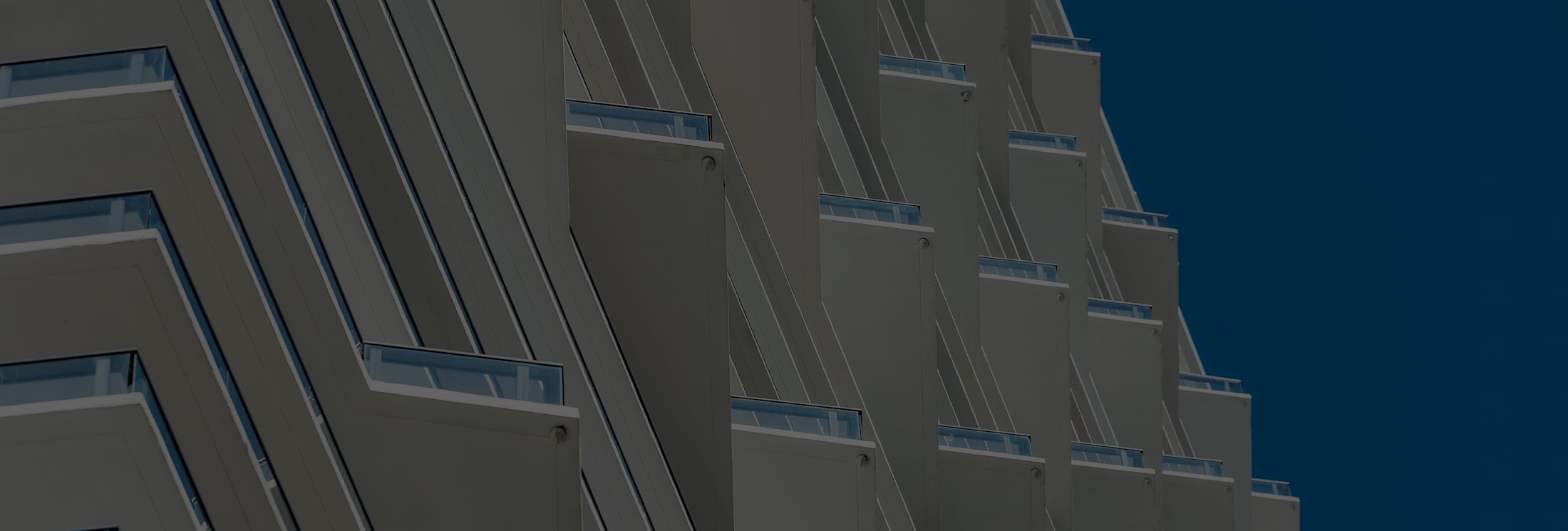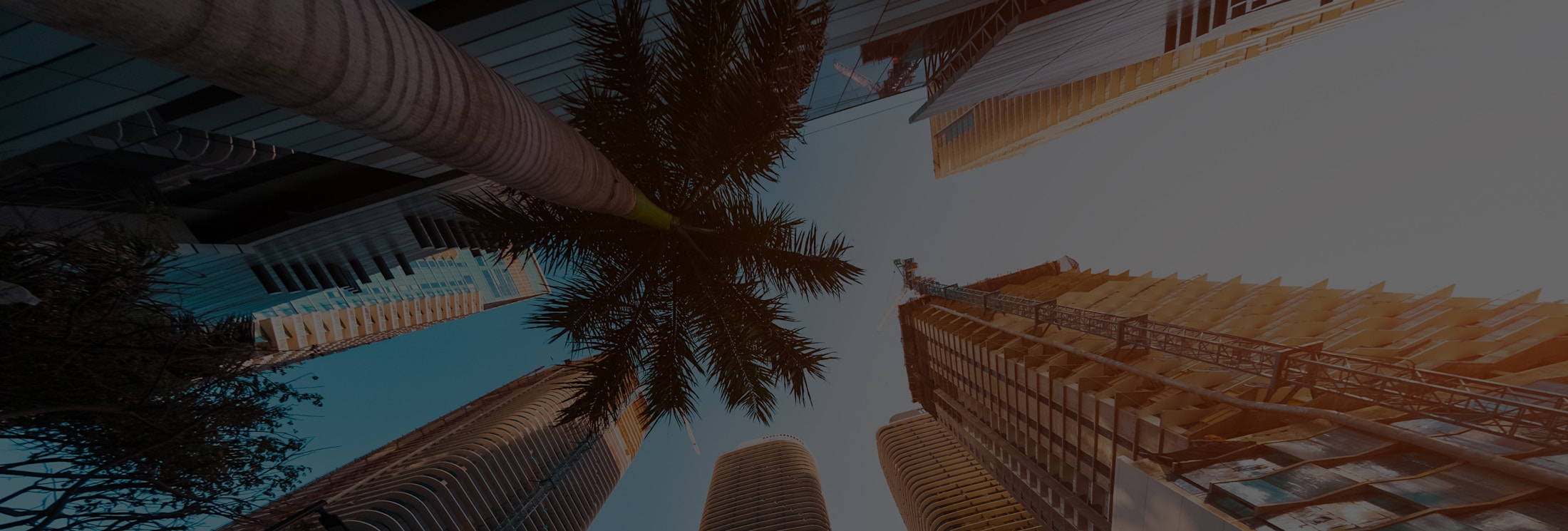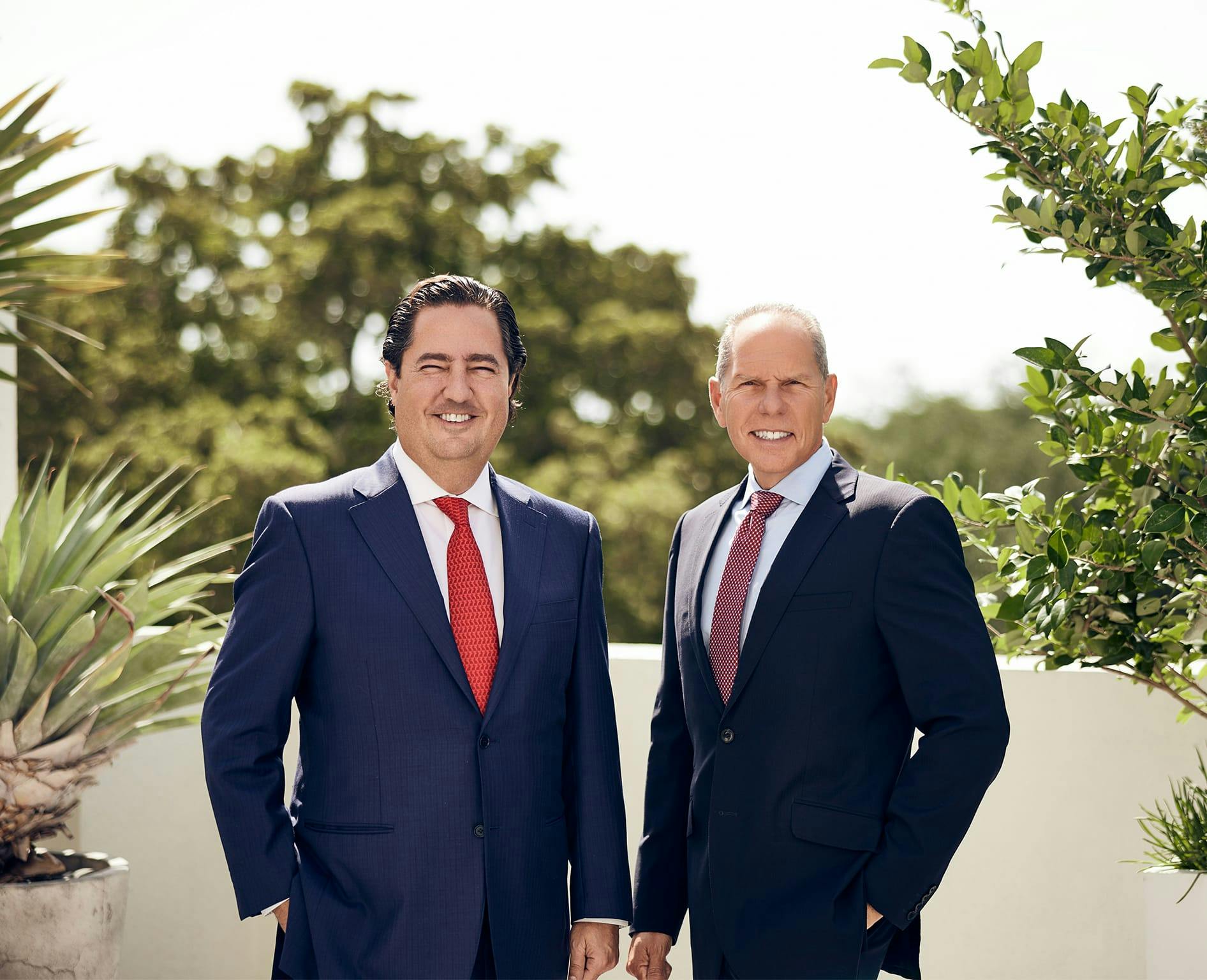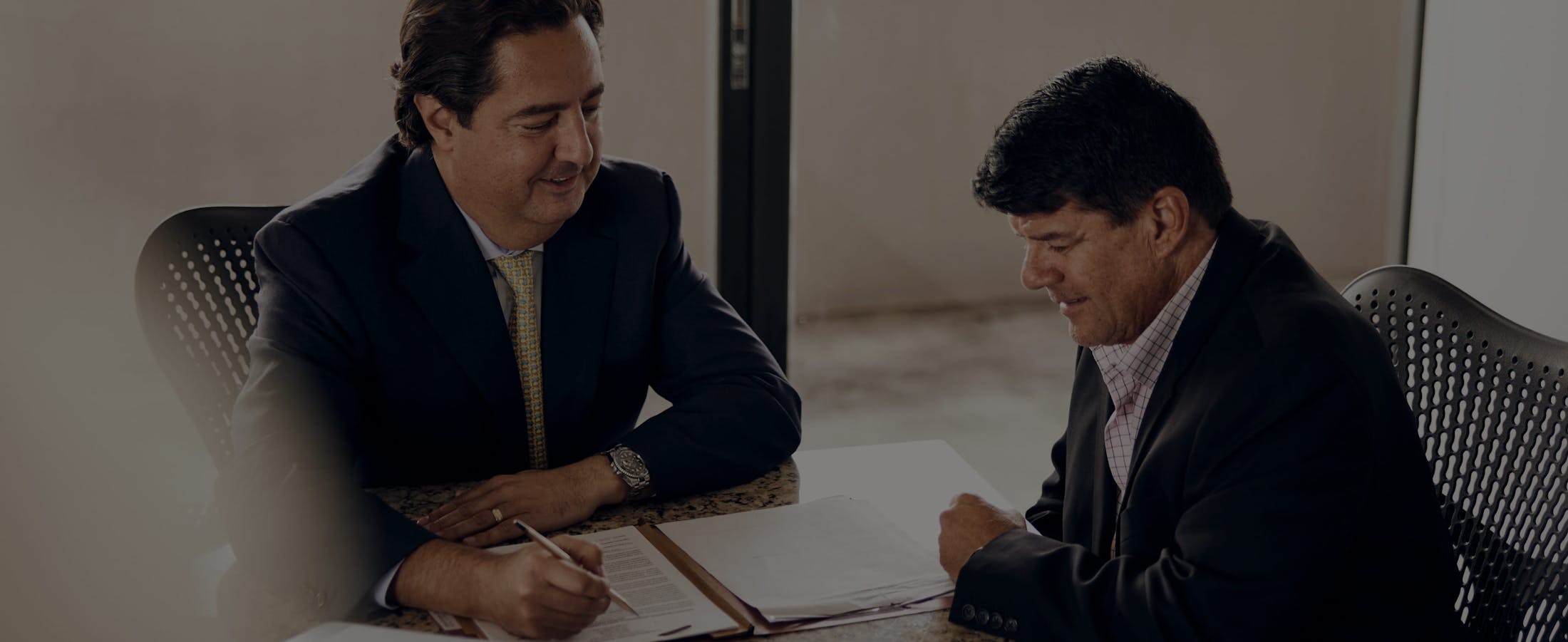Miami is famous for its great weather and beautiful waterfront properties but also faces natural threats. The same things that make Miami appealing can also be risky for homeowners, with wind damage being a common concern for people living in this vibrant coastal city.
What kind of wind damage is typically covered?
Insurance policies typically cover damages caused by strong winds associated with severe weather conditions like hurricanes and tropical storms, including:
- Roof damage
- Structural damage
- Damage from flying debris during windstorms
Additionally, most policies cover damages from tornadoes and hurricanes, which often cause significant wind-related damage. This coverage can include damage from wind-driven rain, hail, and structural damage due to strong winds.
Other examples of damage possibly covered include the following:
- Debris Impact: Windstorms can propel debris such as tree branches, signage, or other objects, damaging roofs, windows, siding, and other parts of the property.
- Roof Damage: High winds can cause significant damage to roofs, including blown-off shingles, damaged roof decking, and leaks.
- Structural Damage: Strong winds can exert tremendous force on structures, leading to structural damage such as wall collapses, detached fences, or damage to outbuildings. Coverage usually includes repairs or replacements for wind-induced structural damages.
- Window and Door Damage: Windstorms can cause windows and doors to break, shatter, or become dislodged from their frames. Insurance coverage typically extends to repairs or replacements for wind-damaged windows and doors.
- Secondary Damage: Policies may also cover secondary damages caused by wind-related events, such as water intrusion due to roof damage or structural compromises and direct wind damage.



